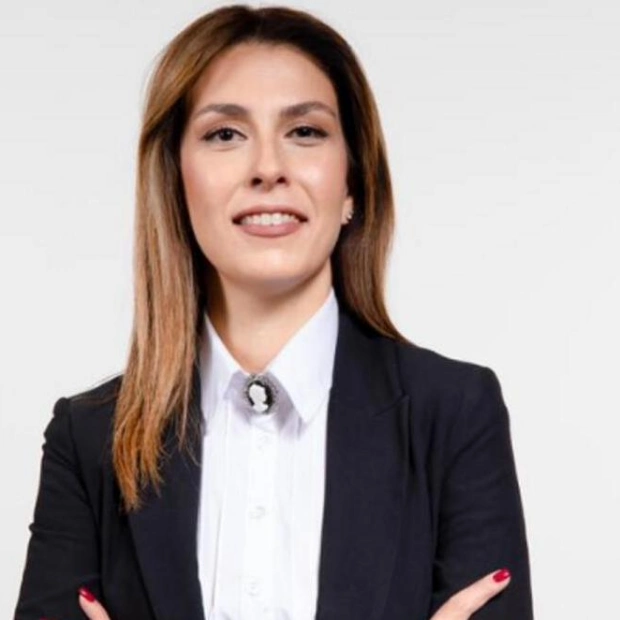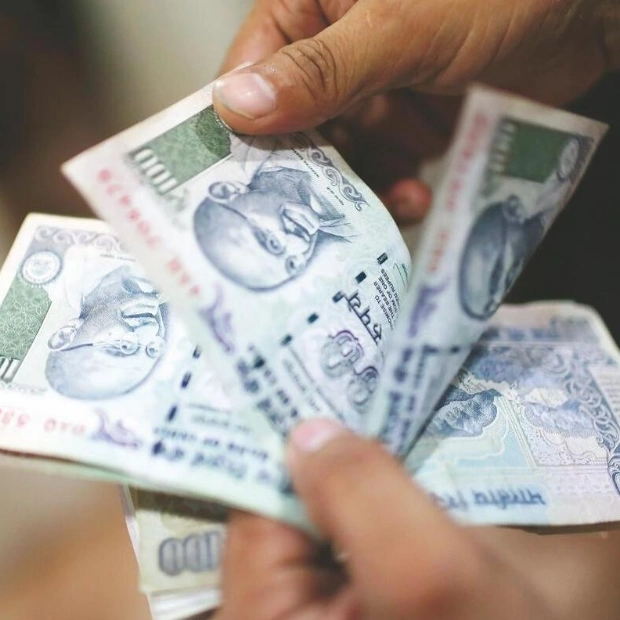When Fatima (name changed) was diagnosed with breast cancer at 32, her world turned upside down. The word 'cancer' felt like the end of her world and her dreams of becoming a mother. She feared the harsh treatments and the uncertainty of survival, but there was one question that bothered her the most — Will she ever become a mother?"I remember sitting in the doctor's cabin, frozen," the cancer survivor, now 38, told Khaleej Times. "It wasn't just my life I was afraid of losing, but everything I had dreamed of, like holding my child, hearing them call me Mamma, and watching them grow."
As she began her treatment, the desire to be a mother grew. "My longing to give birth grew stronger. There were nights I couldn't sleep," she said. Like many women battling breast cancer, she had to struggle with the reality that life-saving treatments could take away her ability to give birth. "I wanted to survive, but I didn't want to lose my chance to become a mother."
Breast cancer, most common among women, impacts thousands every year. Though the disease predominantly affects older women, around 7–10 per cent of cases are detected among women under 40, at an age when thoughts of starting a family take centre stage. Impact on women's fertility Doctors say that while breast cancer itself doesn't directly affect fertility, treatments like chemotherapy, radiation, and hormone therapies can. These life-saving interventions may lead to ovarian dysfunction—casting a shadow of uncertainty over a survivor's ability to conceive biologically.
"Cancer treatment often causes early menopause or decreased egg production, impacting a woman's fertility," said Dr Soha Abdelbaky, consultant medical oncology at Medcare Hospital Sharjah. "The extent of this effect depends on the type of treatment, the woman's age, and other factors." Dr Mohamad Azzam Ziade, consultant oncologist and haematologist at International Modern Hospital, Dubai, said that chemotherapy treatment is challenging for fertility. "It can harm ovarian function, leading to a temporary or permanent reduction in fertility. Hormone therapies may suppress ovarian function but don't necessarily cause permanent infertility," he said.
Dr Ali Ghazzawi, a medical oncology specialist at Canadian Specialist Hospital in Dubai, noted that some chemotherapy drugs, especially those containing alkylating agents, pose the highest risk. "Chemotherapy has the greatest gonadotoxicity rate, damaging ovarian follicles in about 80 per cent of cases involving alkylating agents," he said. Despite these challenges, doctors highlight that other treatments, such as radiation and targeted therapies, often have minimal effects on fertility.
Pregnancy during cancer treatment is not advised. However, for survivors who wish to conceive, hope remains. "Patients are usually recommended to wait at least six months to two years after completing their breast cancer treatment before trying to conceive," said Dr Abdelbaky. "This waiting period helps the body recover and ensures the cancer is in remission." This wait can feel agonisingly long for women yearning to start a family. Yet, for many, the knowledge that parenthood remains a possibility provides comfort.
Fertility preservation offers hope For women concerned about their fertility, advancements in medical technology offer hope. "Fertility preservation strategies, such as egg or embryo freezing, ovarian tissue freezing, IVF, and surrogacy, can provide hope for breast cancer patients," said Dr Abdelbaky. She stressed the importance of discussing these options with a fertility specialist before beginning treatment. "Aligning preservation strategies with treatment timelines is critical. A consultation at the time of diagnosis can make a world of difference," said Dr Ziade.
Healthy pregnancies and breastfeeding Doctors said that research shows pregnancy after breast cancer is generally safe. "It does not increase the risk of recurrence and is safe for the mother," said Dr Ziade. "However, survivors should be closely monitored during pregnancy for complications like preeclampsia or preterm birth." According to doctors, for survivors hoping to breastfeed, the journey may require adjustments. "After a mastectomy, breastfeeding isn't possible due to tissue removal. Radiation can also reduce milk production," said Dr Ghazzawi. "However, feeding from the other breast or after a lumpectomy is both safe and possible."
Fatima gave birth to a healthy baby boy four years after completing her treatment. "He's my miracle," she said. "Through all the fear and challenges, I never gave up on the dream of becoming a mother."
Source link: https://www.khaleejtimes.com






